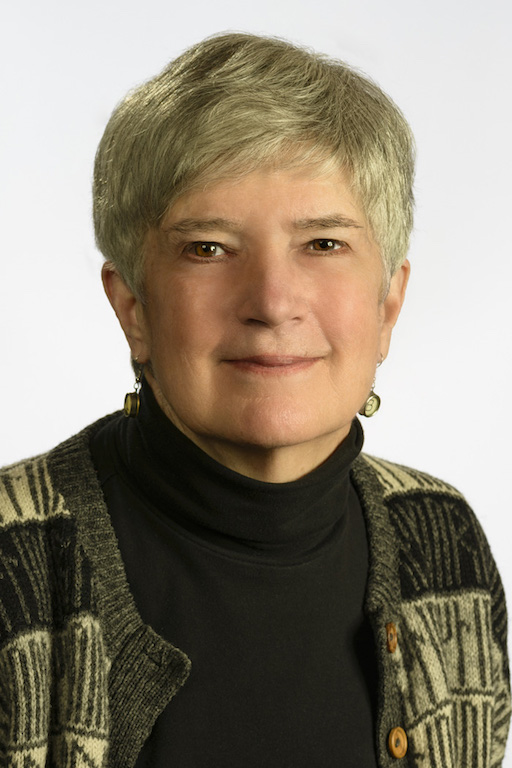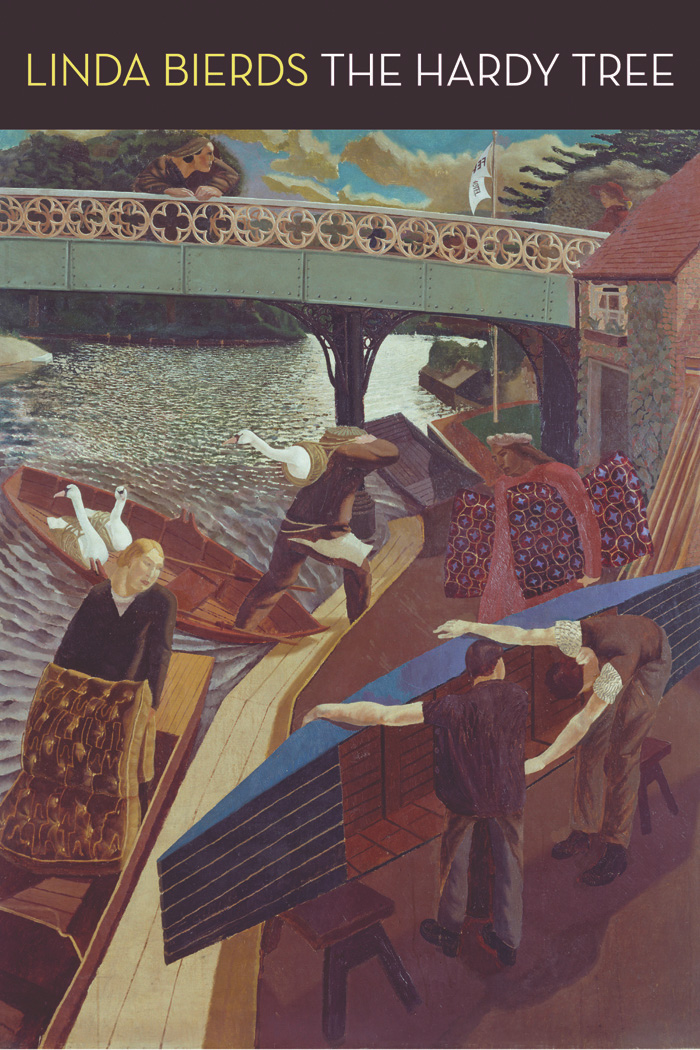From pine-tree resin, amber. From fury, hail.From acacia’s sap, the bond. From raindrops, frogs.From clay, yellow ocher. From dust, fleas.From the beetle, carmine. From mud, the beetle.From the murex snail, violet. From sea-foam, the anchovy.From the lamb, parchment. From the bull, the bee.What? From the mouth of a slaughtered bull, cloaked in thyme and serpyllum, the bee.From the sable, the brush tip. From books, the moth.From the eagle, swan, crow, lark,the diminishing quills. From fire, red snow, and the west wind, the worm.From the worm, the silk moth. From vapor, the silk moth.What? From the spun cocoon, the silk moth. Yes. From steam and bluster, the silk moth.From the silk moth’s mouth,the potentate’s cloak. From the potentate’s horse, the hornet.
Metamorphosis: 1680
I paint flowers decorated with caterpillars . . . .
I want to inquire into everything that exists and
find out how it began.
Maria Sibylla Merian
From basil, the scorpion.
Athanasius Kircher
Feature Date
- January 29, 2020
Series
- Editor's Choice
Selected By
- Jennifer Atkinson
Share This Poem
Print This Poem
Copyright © 2019 by Linda Bierds
All rights reserved.
Reproduced by Poetry Daily with permission.

Karen Orders Photography
Linda Bierds’s ninth book of poetry, Roget’s Illusion (Putnam, 2014) was longlisted for the 2014 National Book Award. Her poems have appeared in numerous magazines and anthologies, including The Atlantic, The New Yorker, Smithsonian, and Poetry. In addition to being awarded a MacArthur Foundation fellowship, Bierds has received the PEN/West Poetry Prize, the Washington State Governor’s Writers Award, the Consuelo Ford Award from the Poetry Society of America, four Pushcart Prizes, the Virginia Quarterly Review’s Emily Clark Balch Poetry Prize, and fellowships from the Artist Trust Foundation of Washington, the Ingram Merrill Foundation, the Guggenheim Memorial Foundation, the Rockefeller Foundation, and twice from the National Endowment for the Arts. She is the Grace M. Pollock Professor of Creative Writing at the University of Washington in Seattle and lives on Bainbridge Island.

Port Townsend, Washington
The Hardy Tree engages figures such as Thomas Hardy, Alan Turing, and Virginia Woolf in a thrilling exploration of power, oppression, and communication. Linda Bierds flexes modes of agency in interactions with found, familiar, and invented texts—interrupting, troubling, and inhabiting borrowed lines and historical narratives, and unpacking the concept of coding, the seen and unseen signals we use to reach one another. The book takes its title from the ash tree that stands on the grounds of the old St. Pancras church in London, where gravestones for the unclaimed dead, once set in symmetrical rings around the base of the tree, have been moved by time and roots—like the texts in The Hardy Tree—into a haunting fusion of past and possibility.
“In this erudite and ever-dexterous 10th collection, Bierds poignantly juxtaposes terror with beauty…”
—Publishers Weekly
“The Hardy Tree proves Bierds’s poetic range and literary expertise… Powerful poems framed by eternal history.”
—New York Journal of Books
“Any new collection by Bierds is a blessing, and this one will not disappoint; her sensitive poems about Turing are lessons for aspiring readers or poets on the application of history to the creative impulse and power of poetry to illuminate the past.”
—Library Journal
“Her poems, with their constantly surprising delicacy and their language rich with insight and a sensuous music, radiate real power and authority and animal presence.”
―W.S. Merwin
Poetry Daily Depends on You
With your support, we make reading the best contemporary poetry a treasured daily experience. Consider a contribution today.



